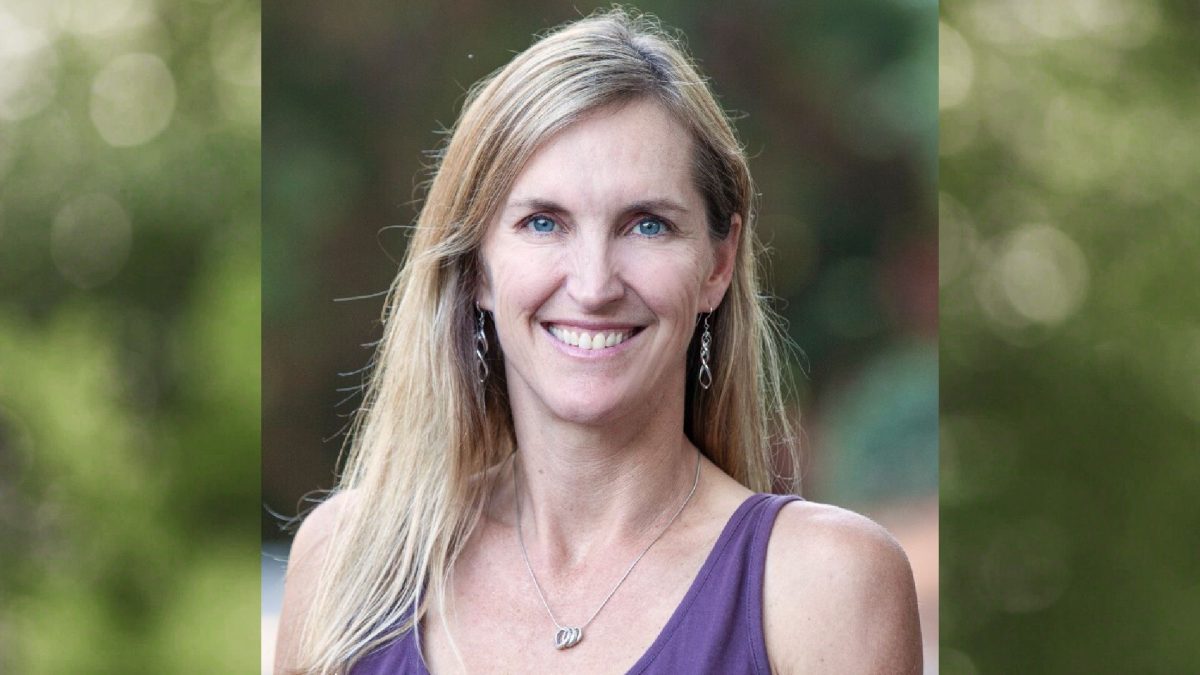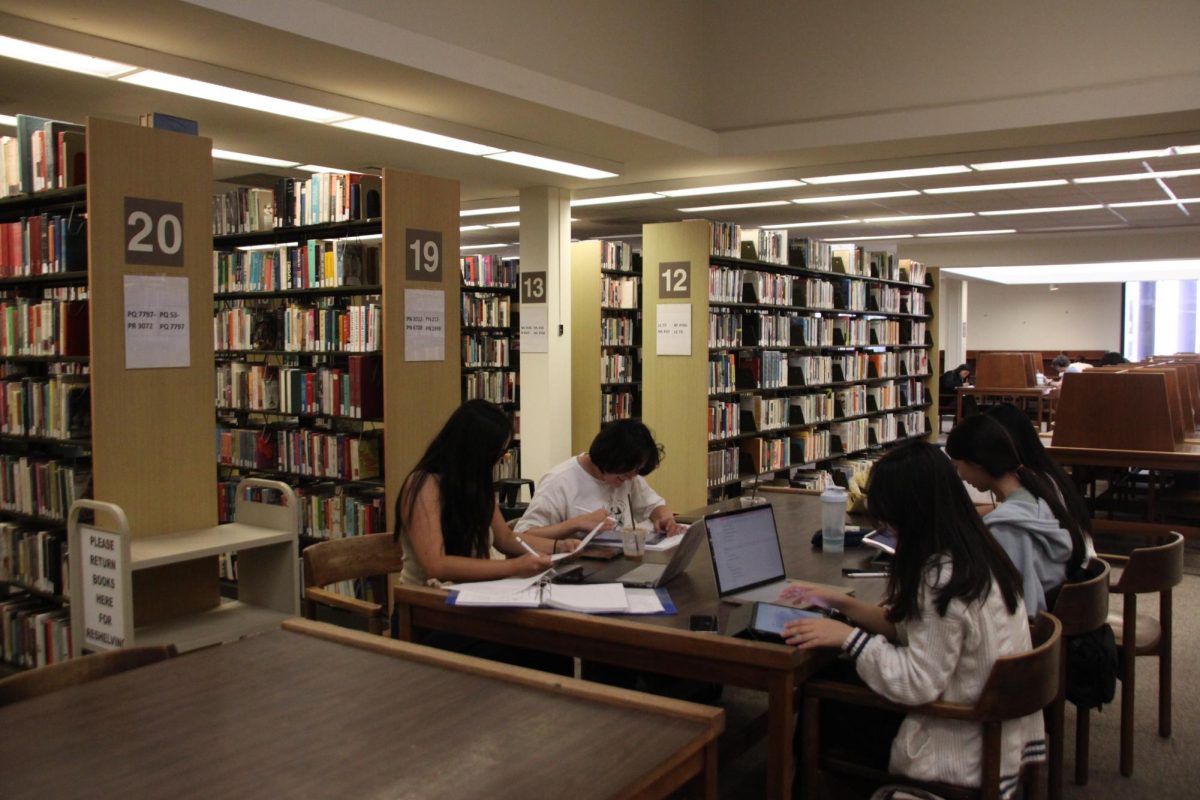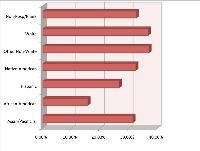Black students may have been unfairly recommended for lower-level English classes in 2008 because of a possibly biased, new essay in the English section of DVC’s assessment test, according to a report by DVC’s research office.
The report reveals that black students were “recommended and enrolled” last semester in English 122, DVC’s transfer-level composition course, at a rate of 15.7 percent, compared to 36.7 percent for white students.
The 21 percent difference between the two groups was called “significant” in the report, since it is higher than the 20 percent benchmark set by the state in determining whether an assessment test or procedure has a “disproportionate impact” on a particular demographic group.
Of the 440 black students who were surveyed in the report, only 69 were recommended for and then enrolled in English 122, the report said.
The remaining 371 were recommended and enrolled in lower level reading and writing classes, including English 118, English 116, English 98 and English 96.
The essay in question, “What True Education Should Do,” by journalist Sydney J. Harris, was first used Dec. 3, 2007, and then exclusively through the fall 2008 semester.
The report examines only the placement data of the nearly 7,000 students who took the test with the new essay and enrolled last semester in the five English classes.
It does not analyze data for students who were placed in spring and summer 2008 English classes after taking the test, or those who took the test, but did not enroll last semester.
<b>Although the Inquirer sought information on the overall number of students who had taken the test with the new essay since Dec. 3, 2007, it was not available from the research office by the newspaper’s press deadline.</b>
Title 5 of the state Education Code considers a test to have a disproportionate impact when any demographic group’s placement into a class is 20 percent higher than that of the control group.
In the report, the control group consisted of white males under the age of 20 without any documented disabilities, because it represents the majority of incoming freshman, said Mohamed Eisa, dean of planning, research and student outcomes.
While a 21 percent disparity existed between the control group and black students, it was far less for other racial groups, according to the report: Hispanics (10.1 percent); Asian/Pacific Islanders (5.3 percent); Native Americans (4.3 percent).
Also known as freshman English, English 122 is a prerequisite for many other transferable classes, and a recommendation for many more.
Marika Hinds who heads the school’s Ujima program, a learning community that focuses on the African-American experience, said the possible erroneous placement of black students into lower-level English courses could adversely affect their college career.
“Once you’re assigned to a lesser English class, it’s going to take you longer,” she said. “The student has to play catch up.”
The essay, “What True Education Should Do,” compares two opposing thoughts on education.
The author first makes the analogy of students as “sausage casings,” who are “stuffed” with education, versus the Socratic method, of viewing students as “pearls” in need of cultivation, which involves drawing information out of them.
Students were asked to read the essay and then write a one-to two-paragraph summary. They then were told to reflect and respond to the ideas discussed and to “explore their opinions on the topic.” They were given three pages to do so.
Two English instructors then read each essay and gave it a numerical score, with the recommendation for placement based on the combined scores.
When an Inquirer reporter showed Hinds a copy of the essay, she said the test assumes students know of Socrates, Edith Hamilton and others mentioned in the essay.
“This sounds to me like it deals with a level of philosophy students wouldn’t have had in high school,” she said. “It would have helped if you had a philosophy class, or at least critical thinking.”
DVC’s English department has used essays and writing prompts to assess students’ reading and writing skills since the mid-1990s.
The new reading was on a trial run to verify the test as fair and culturally unbiased, said instructor Tom Barber who leads the English Assessment Committee.
Normally, it would be sent to the state for validation after the college’s own analysis and its use continued.
But Barber said he pulled, “What True Education Should Do,” and substituted a previously used essay for the test after receiving the report from the research office.
He said he didn’t know what would be done about the possibly misplaced black students, although students always have the right to “challenge” the test by taking it again with a different essay or meeting with their counselor to see whether other measures qualify them for English 122.
As part of its report, DVC’s research office also took a random sample of some 361 students who were placed into the English classes by their scores on the new reading.
The students were asked during the fourth and fifth week of the 2008 fall semester whether they had the right range of skills for entry into the course. Their instructors rated them on the same question.
On this aspect of the study, the researchers found more than 75 percent of the students who took the new test and were placed in the five English classes were “adequately prepared” for entrance into the respective courses.
On the disproportionate impact finding, the report listed several recommendations, including an examination of the essay’s language (for idioms which could cause cultural bias), level of difficulty and context.
It also recommended “introducing interventions leading to improved performance by African-American students,” repeating the research using the same essay within one year, and, if necessary, withdrawing the essay and substituting a new one.






































































